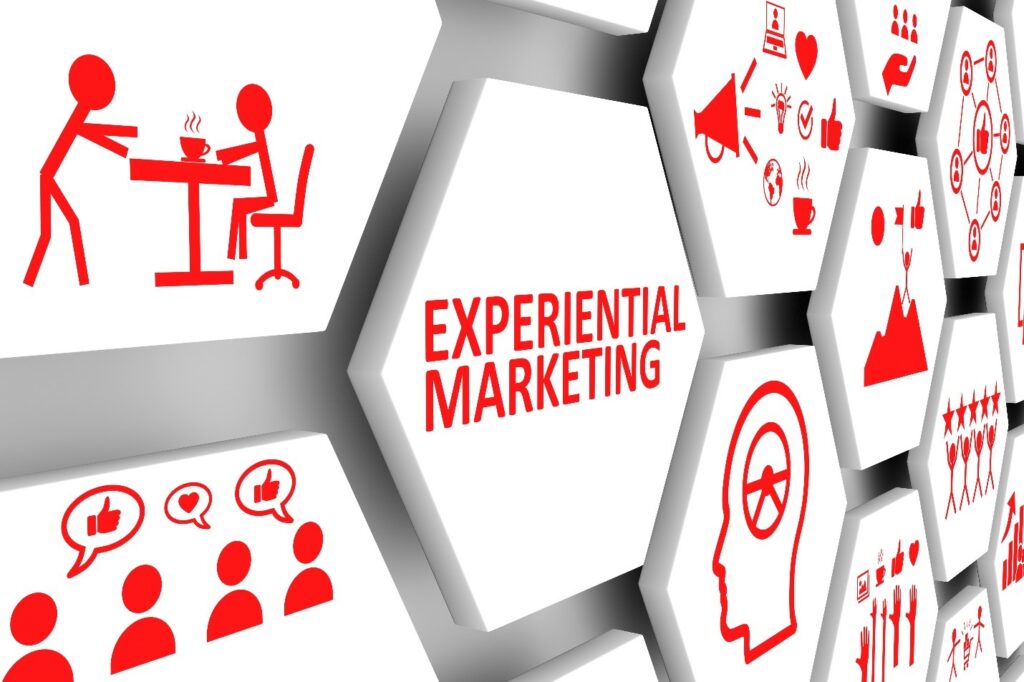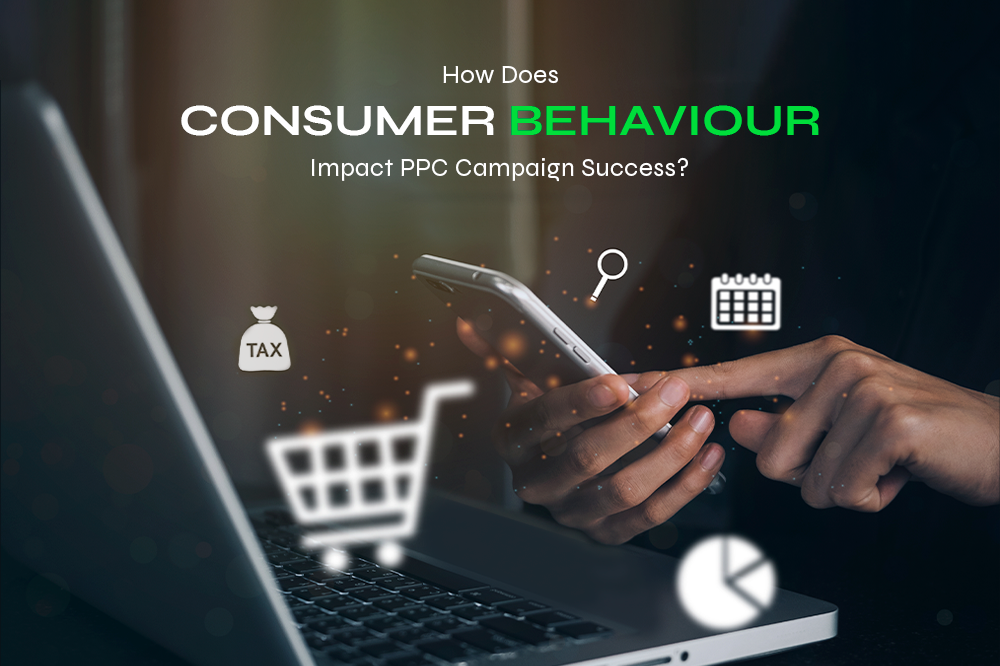
Digital disruption has transformed the ways of marketing. As 57% of the worldwide population has their hands on the internet, there is no way people won’t accept anything less from brands and companies.
When it comes to experiential marketing, no better example comes to my mind than an old memory. In the early 2000s, I visited a newly-built mall in Lucknow where one of the sections was dedicated to live setups of modernised rooms, bathrooms, kitchens, etc. And, people could actually go inside those live setups to understand how modern kitchenware or bathroom utility works. That was a time when the concept of digital marketing agencies did not flourish in India, especially in second-tier cities.
As a matter of fact, I did not know what kind of universe to expect but I ended up having the time of my life. That was my first exposure to experiential marketing.
Now, let’s come to the point of this blog – How are brands utilising experiential marketing in today’s realm of dynamic digital marketing?
Experiential marketing is not something that was born yesterday. It has been crafting brand experiences for customers for years.
Nonetheless, in the current digital marketing era, many-a-brands cannot grow out of their shells without giving a bit more than just quality products and services to the audience. What more could they give? Perhaps, an experience? A marketing experience through social media or digital platforms to connect with the masses and their niche audience alike.
Digital marketing has enough leeway to explore the ideas that lain outside the traditional marketing techniques. The motive of experiential marketing is to engage customers or potential customers through unique customer experiences.
#ShareACoke: A Beloved Campaign
#ShareACoke by Coca-Cola became a famous experiential marketing campaign when digital marketing was soaring high. Around 2011, Coca-Cola started a campaign where bottles were labelled with different names (people). Mind it – it was global. The demand for labelled Coke bottles incessantly increased as people wanted to share the labelled Coke with their friends. It went online too, and became a famous hashtag ‘Share A Coke.’ Not just that, the brand created a digital option to enable customer engagement for those who otherwise might not be able to participate.
Did you mean….? By Mailchimp: Story of 9 Fake Brands
Companies are not far behind in catching the latest trend or boarding an ongoing popular meme train. The best example that pops out in my brain is the “Did you mean….? By Mailchimp” campaign on the digital landscape.
The story of the Mailchimp campaign formed its structure when a young girl misspelt the company’s name in a podcast and the clip made several rounds on the internet. Mailchimp crafted 9 fake brand names based on the variation of Mailchimp. Can you believe the names such as Mailshrimp, Kalelimps, and Failchips?
They did it. The company didn’t reveal that they were behind this. Although, whenever someone tried to search the fake names; it would prompt Google to ask “Did you mean… Mailchimp?”
Key Takeaways
In general, experiential marketing presents a captivating chance for brands to interact with consumers in a substantial manner and stand out from rivals. By integrating experiential marketing into their complete marketing strategy, brands have the potential to forge a more genuine rapport with their target audience, cultivate excitement, enhance brand recognition, and ultimately stimulate sales and profitability.
 Rise of Generative AI in Production Media- Impact and Future
Rise of Generative AI in Production Media- Impact and Future
 A Guide to Successful Digital Performance Marketing
A Guide to Successful Digital Performance Marketing
 How Does Consumer Behaviour Impact PPC Campaign Success?
How Does Consumer Behaviour Impact PPC Campaign Success?